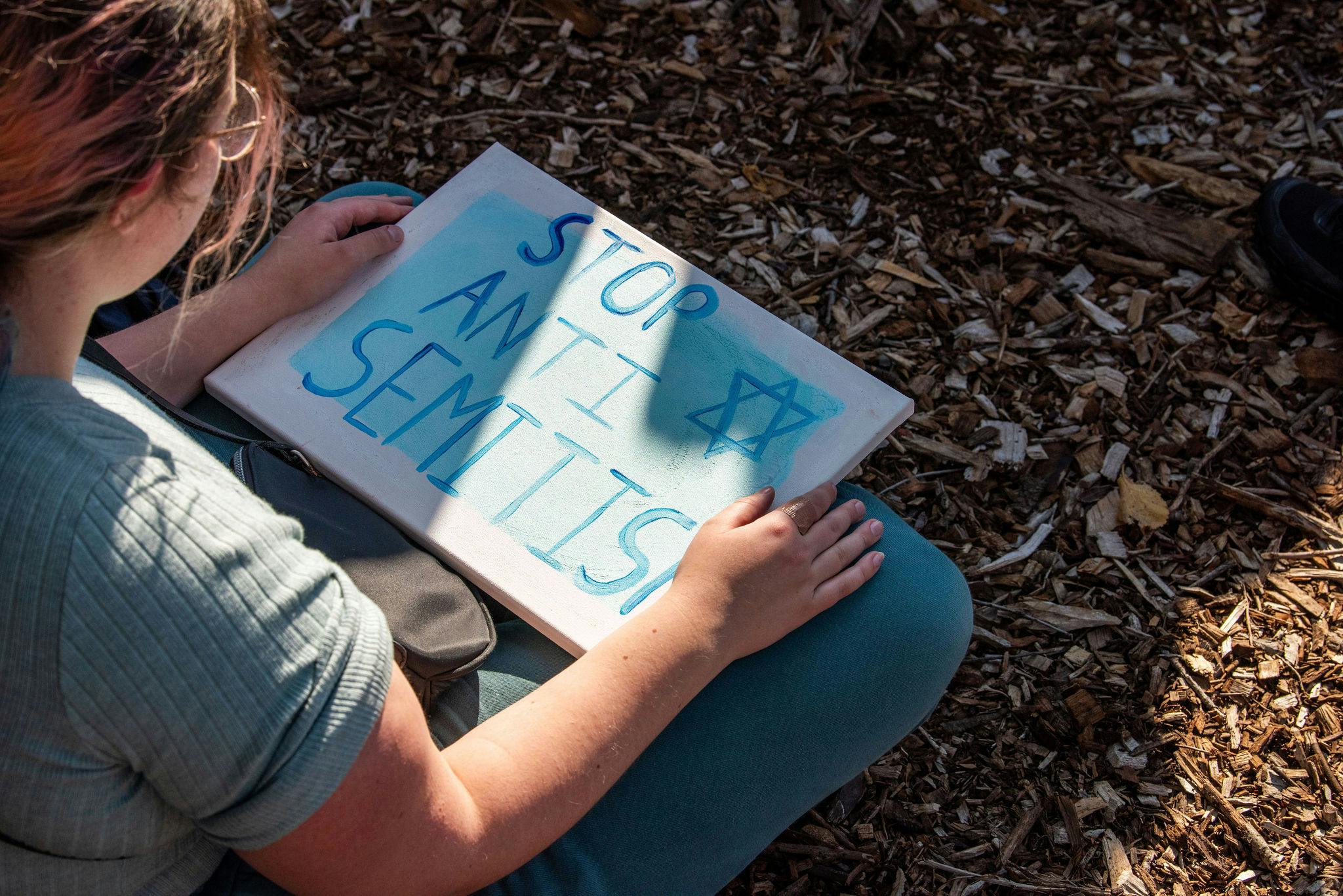Published: 29 April 2022
Last updated: 4 March 2024
MIRIAM COSIC talks to Tania de Jong, the powerhouse behind Driftwood - yes, a musical - based on the family’s escape and artistic imprint on Melbourne
KARL DULDIG AND Slawa Horowitz-Duldig were still living in Vienna in the 1930s, watching war and antisemitism building around them. Austria was more than sympathetic to the rise of Nazi Germany and the Anchluss took place in March 1938, just after the birth of their only child, Eva. The loss of civil rights for Austrian Jews quickly followed.
By August that year, Karl, a pro-level tennis player as well as a fine sculptor, was in Switzerland on a temporary visa for the tennis circuit there. When his club membership was cancelled, it became almost impossible for him to go home and he made an appointment with a sympathetic Swiss immigration official who organised a passport for Slawa and Eva.
As she was organising to leave, an official letter arrived, telling her to vacate their beautiful apartment. The creation of ghettos was proceeding apace. She and Eva joined Karl in Zurich in December.
They arrived in Singapore in May the following year. And in September 1940, a year after the war had been declared in Europe, they arrived in Sydney Harbour aboard the Queen Mary, the largest ship afloat, its name painted over for wartime and reading Transport W 1. The family had moved to Australia.
Now, on May 13, Driftwood - the Musical will premiere in Melbourne, based on the moving yet lively memoir written by the Duldigs' daughter, Eva.
Eva’s memoir, titled Driftwood, was published 42 years after Slawa's death in 1975, when Eva inherited all of her parents' memorabilia. She later set up a memorial to them and their art, called the Duldig Studio museum + sculpture garden, in the old family house in East Malvern. The musical production will trace their lives from Vienna to their establishment of this flourishing life in Melbourne.

Slawa's granddaughter, Tania de Jong - professional soprano, founder of six social and theatrical business and three charities, for ten years the producer of Creative Innovation Asia Pacific forum, international public speaker, and all-round powerhouse - is the driving force behind the adaptation of the book to the stage.
She is playing Slawa and has created the lyrics with playwright Jane Bodie, who also adapted the book for the stage. Composer Anthony Barnhill has written and arranged the music for it.
As well as being artists, both Slawa and Karl were much-loved teachers, Tania says: Slawa at St Catherine's school in Toorak, and Karl at Mentone Grammar. But it took a lot for them to acclimatise.
Karl, though an outgoing man, spent two years in the prisoner of war camp in Tatura because they were still travelling on German papers when they arrived; Slawa suffered from depression and it was all she could do to care for her daughter. It was a far cry from the young woman who, among other pursuits in her youth, had also invented the foldable umbrella in 1929.
The book arose out of Eva's years of pondering her parents' lives. "All of this has arisen because after she died, I actually discovered so many things that had been hidden from me," says Eva, now 84, taking over our conversation briefly where Tania left off. The two are close.
It isn't a loud and jaunty musical but rather a meditative borrowing from Jewish tradition and new work composed by around it.
"They weren't necessarily purposely hidden, but I didn't know about them. That whole post-Holocaust generation tried to hide the full horror of it from their children. They were protecting me from anything that would make life difficult, always looking to push me in a positive direction rather than looking backwards for herself."
The title of both the book and the musical, Tania says, has a special resonance: Like a piece of driftwood, our family found transitory refuge along the way, only to be picked up by the next big wave and moved on again to another unknown destination.
A musical seems an unlikely vehicle for either a Holocaust story or the story of the Duldig family's particular travails. But Tania believes that a positive gloss comes to her grandparents' - and her mother's - life from the fact that their creativity fuelled their emotional survival and recovery.


"Given what happened to them in their family, you know, most people would be traumatised, and the theme of intergenerational trauma does run through the piece," she says of the show.
"The thing is, they were able to rise above that trauma to recreate and rebuild their lives. And they did that using their art," Tania continues. "And then, of course, it was obvious to me as a musical because my background is as a singer and I love music theatre."
It isn't a loud and jaunty musical, anyway, but rather a meditative borrowing from Jewish tradition and new work composed by Barnhill around it.
There is much that is unusual about this production. The musical has an unusual worldwide premiere: four performances at Monash University's Alexander Theatre, and 12 performances at Chapel off Chapel in Prahran, which is hardly commercially viable given how elaborate its preparations have been. It has been philanthropically funded because none of the government grants applied for were given.
"Then we hope that it will have seasons around Australia and potentially further afield, she says. "There is also interest in adapting it into a feature film." The goal, according to the company's production notes, is to present this emblematically Australian Jewish story in Melbourne, Sydney, Vienna, Paris, Singapore, USA, Israel and beyond.

The prominent Indigenous director Wesley Enoch, with the deep understanding he brings of marginalised peoples, was originally going to direct the production but had to pull out after having done the preparatory work, and Jewish director Gary Abrahams took over at the eleventh hour.
Abrahams says having an indigenous director lead the original reading of the work brought a special resonance to it, and agrees that a musical isn't the obvious choice for the book. "But at the same time, you know, music is very integral to Jewish culture and Eastern European culture.
“We keep ties with our ancestors and with the lineage of our family through song - through prayer, through story, through musicality. And there is something about the music that does add an emotional potency to the story.
"So it's a surprising choice, an interesting choice. And I think one that's really going to serve the material."
Main photo: Eva Duldig and her granddaughter Tani de Jong, who plays Eva in the musical




